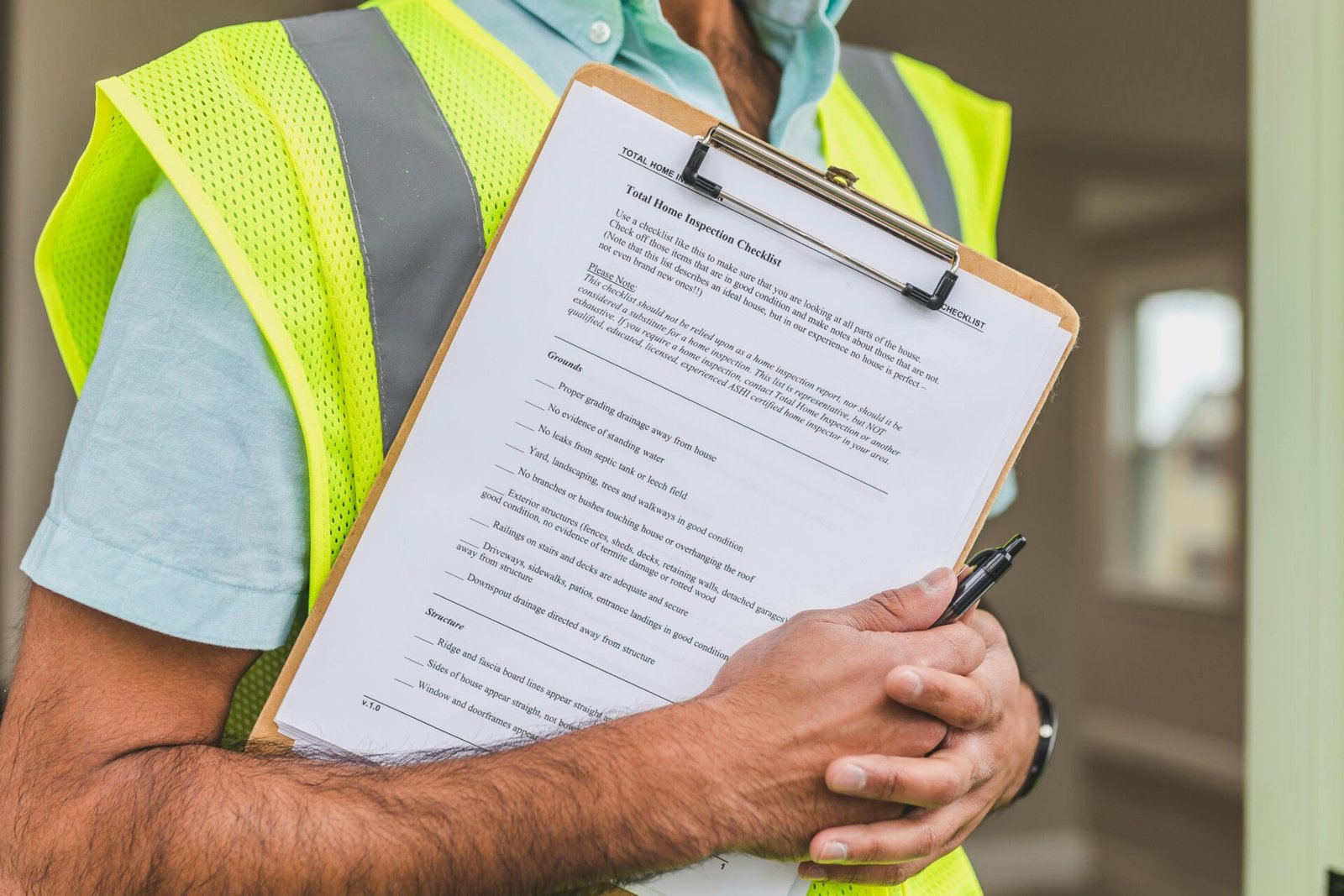The Due Diligence Process

DUE DIILIGENCE IS A VITAL PROCESS
An eager buyer has placed an offer on your property which you have happily accepted. All required paperwork is in order and a deposit has been paid into escrow. One last hurdle remains – the due diligence process. This is the point at which the buyer’s lawyer (with the help of many qualified subject matter experts) inspects the land, home and associated structures with a fine-toothed comb. The buyer, rightfully, needs assurance that all aspects of the property are in order and that no nasty surprises will await them following the closing. In our experience, many sellers are surprised by the scope, length and detail of the due diligence process. They treat the due diligence as an afterthought.
But this process is critically important – if a property does not pass the due diligence stage, the buyer has the right to collect their deposit and walk away from the deal. This is definitely not the ideal outcome for the seller! Legally, minor issues that do not affect the due diligence report do not give the buyer a reason to walk away from the sale (they may still do so but will forfeit their deposit, so this is very unlikely). A buyer may still elect to purchase the property if the due diligence report is materially deficient, but rest assured they will negotiate a lower price to account for the issues – because these would not be minor issues but rather major ones, usually requiring significant time and monetary resources to address.

WHO PAYS FOR THE DUE DILIGENCE PROCESS?
In Costa Rica, due diligence costs are usually paid for by the buyer – however the seller is required to pay for things like the Property Title Check and other legal documentation, including associated legal and service fees. In some cases, for example if the seller failed to keep the property lines of a large piece of land cleared, the seller may need to pay for a helicopter so the buyer’s topographer can perform a survey. The buyer is responsible for preparing the Due Diligence Report including related legal fees. All items are, however, subject to negotiation.
TYPICAL DUE DILIGENCE ITEMS
The following items are verified during the typical due diligence process:
1 – PROPERTY SURVEY
Verifies that the property markings and related structures (eg posts, stakes, fencing, etc) match the borders in the registered plan of the property, verifies any encroachments or easements, denotes the legal boundaries of the property, and notes many particular items of interest like dangerous trees, landslides, water bodies etc. The seller is responsible for keeping the property lines trimmed. In some cases, for bigger properties, a helicopter may be used to survey properties lines that are overgrown. While this due diligence item is not mandatory it is recommended. We wrote a detailed article about this process – here.
- Performed by an accredited surveyor.
- Cost varies, including based on the size of the property, but generally in the order of $300-400.
2 – PROPERTY TITLE CHECK
Verifies that the property is legally registered, with all documents in order (Uso de Suelo, INVU stamp, various taxation and municipal documents, etc.), and not subject to encumbrances such as liens, legal liabilities, etc.
- Performed by an accredited attorney.
- Cost is approximately $300+
3 – SOIL TEST
Verifies the composition of the soil including load-bearing capacity, drainage and general stability. This determines foundation design and where structures can be built, as well as the type of structure that can safely be constructed (e.g. 1-level home vs multi-level home). Also provided is ‘peculation’ data which is useful in finding the best location for a septic tank. This due diligence item is especially important for raw (unprepared) land, but may still be relevant for prepared lots and properties with existing homes and structures.
- Performed by an accredit geotechnical engineer.
- Cost is approximately $800+
4 – HOME INSPECTION
Verifies several aspects that confirm the condition of the home and other structures such as swimming pools, retaining walls and carports.
-> Structural integrity items such as foundations, walls, and framing. The inspector will also note any cracks or issues which may affect the stability of the home. Has there been any settling? Are there cracks in the foundations?
-> Roof & Waterproofing such as leaks, damage to roofing or shingles, areas where water may ingress. Is the roof in good condition with no evidence of leaks?
-> Electrical Systems including wiring, switches, outlets, and electrical panels. Does the electrical system comply with local codes and standards?
-> Plumbing and water quality including pipes, water supply connections, and fixtures. Water samples are also sent to a laboratory for analysis. Are there signs of water damage or leaks? Are there any contaminants in the tap water?
-> Pests like ants, termites, geckos, rats, monkeys, wasps – you name it! Evidence of any infestation or pest damage is recorded. Are termites eating the kitchen cabinets?
-> HVAC systems like air conditioning and ventilation ducts. Are the ducts clean? How about the filters? Is the system performing as it should?
- Performed by an accredit home inspector.
- Cost is approximately $800+
WHAT CAN A SELLER DO TO ENSURE A SMOOTH DUE DILIGENCE PROCESS?
A seller may seek professional advice when preparing their property for sale. This should be done before the property is listed for sale, or soon afterwards, and can include:
- Understanding the requirements of the due diligence process.
- Securing and reviewing for completeness, accuracy, and issues, the required documentation such as a property survey, title documents, HOA documents (if applicable) and others. Any documentation issues should be addressed as soon as possible.
- Hiring a house inspector to identify any potential faults which can then be rectified by the seller, if so desired, before an offer is made by any interested buyers.
- Creating a record of any potential minor faults so that buyers are aware of these faults before they make an offer. The seller may state that the property is being sold ‘as is’ with the buyer responsible for rectifying these minor faults (or deferring rectification until necessary or desired). This can save a lot of time and effort by avoiding negotiations and requests for rectification.

DUE DILIGENCE CAN MAKE OR BREAK A DEAL!
Yes, we have seen deals fall through at the due diligence stage – and sadly, most of the time the issues responsible for scuttling a deal could have been taken care of earlier with minimal fuss and proper communication between the parties. We take the due diligence process very seriously and hope this article gets the traction it deserves – because it is critical that both buyers and sellers are aware of their options and responsibilities, and understand that the path between accepting an offer and closing the sale is not as straightforward as many people think!
The above information is valid as of 28 August 2024.
RE/MAX WE SELL PARADISE has been serving clients for over 13 years – our extensive knowledge and experience, together with a diverse staff and all the benefits of a global corporation, make us a trusted partner for all of your real estate related needs.



